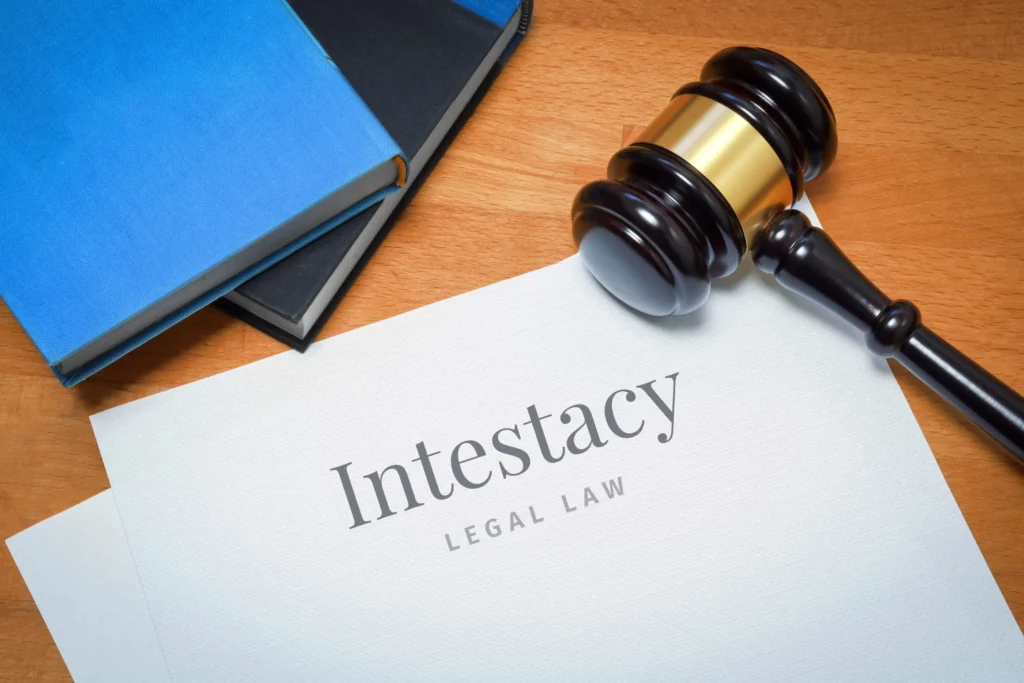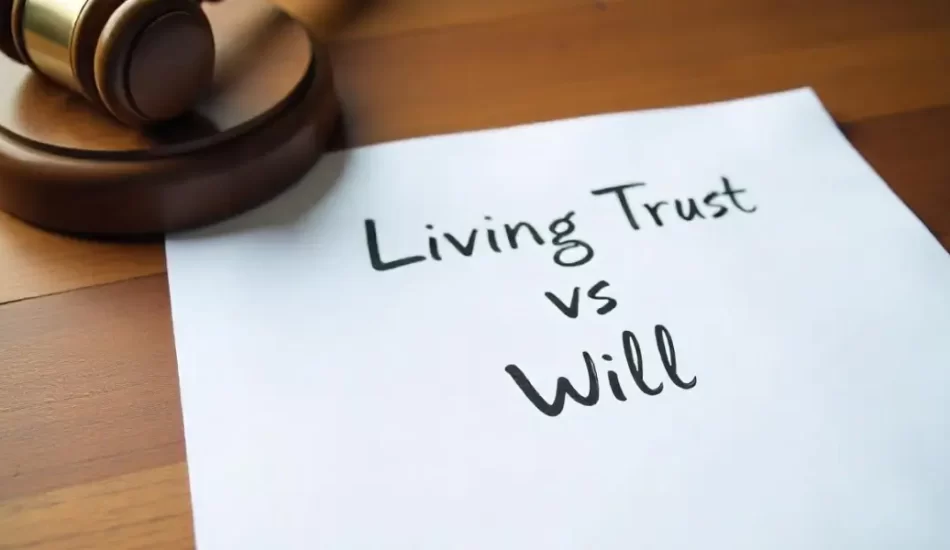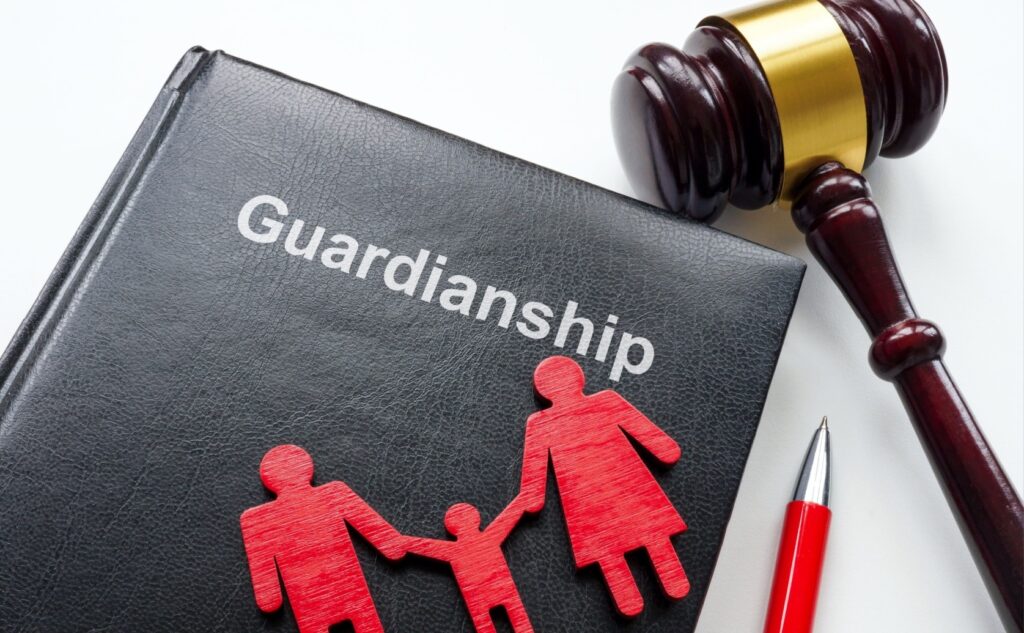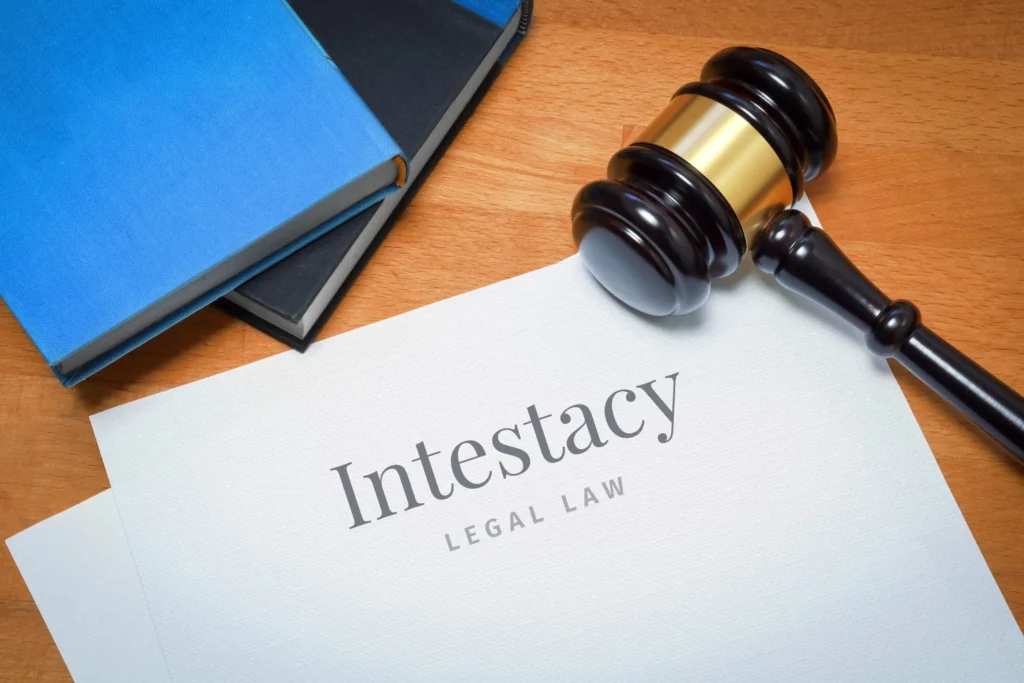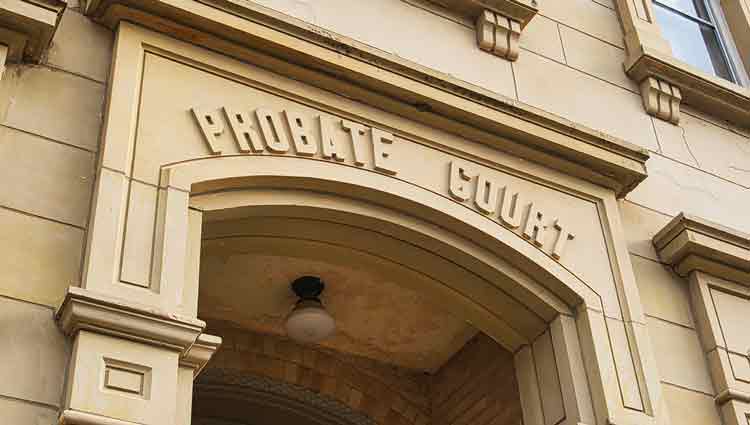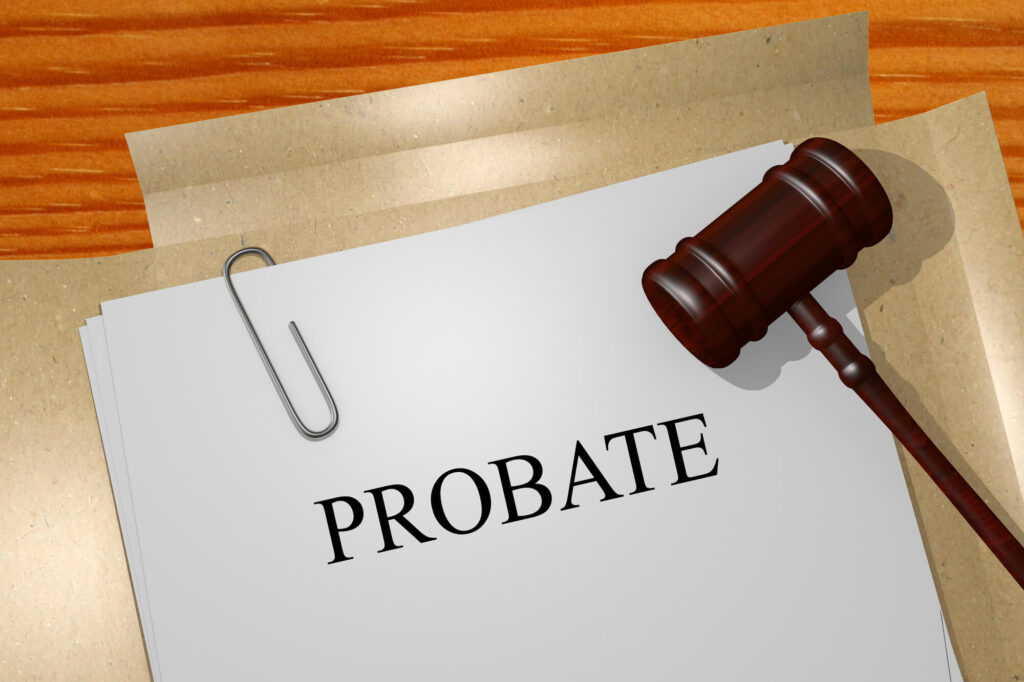Understanding the Probate Process in Texas
The probate process in Texas can be complex, often leaving individuals confused about the necessary steps involved. Understanding this process is crucial for executors and beneficiaries alike, as it dictates how an estate is managed and distributed after a person's death.
In Texas, probate typically involves validating the deceased's will, appointing an executor, and inventorying the estate's assets. Additionally, it is essential to understand the timeline and legal requirements for filing, which can vary significantly based on the estate's complexity and whether disputes arise among heirs.
Common Challenges in Texas Probate Cases
Probate cases in Texas can present various challenges, ranging from disputes among heirs to issues related to the deceased's debts. Recognizing these challenges early on can help families navigate the probate process more smoothly and avoid costly delays.
For instance, disagreements over asset distribution or questions about the validity of a will can lead to legal battles. Additionally, managing debts owed by the estate can complicate proceedings, making it vital for executors to be well-informed about their responsibilities and the legal obligations they must fulfill.
Tips for Choosing the Right Executor in Texas
Selecting an executor is one of the most critical decisions in estate planning. The executor is responsible for managing the probate process and ensuring that the deceased's wishes are fulfilled, making it essential to choose someone trustworthy and capable.
When choosing an executor, consider their ability to handle financial matters, their understanding of the probate process, and their willingness to take on the responsibilities involved. It may also be beneficial to discuss the role with potential candidates beforehand to ensure they are prepared for the task.
Probate vs. Non-Probate Assets in Texas
Understanding the difference between probate and non-probate assets is essential for effective estate planning in Texas. This distinction can significantly impact how quickly and efficiently an estate is settled after death.
Probate assets are those that must go through the probate process, such as real estate and bank accounts solely in the deceased's name. In contrast, non-probate assets, like life insurance policies and retirement accounts with designated beneficiaries, pass directly to heirs without the need for probate, potentially simplifying the distribution process and reducing delays.


